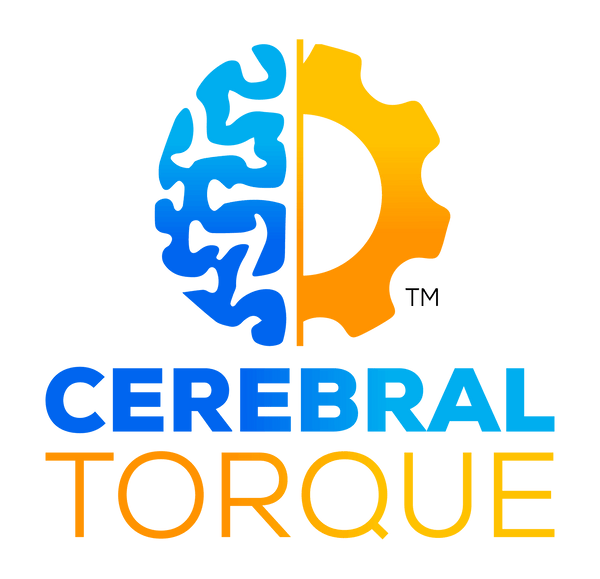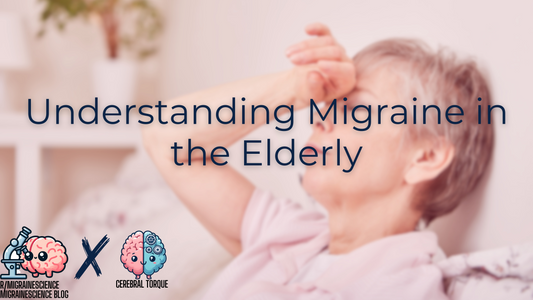
How Migraine Medications Are Tested
Cerebral TorqueShare
1. Testing Immediate Relief Medications (Acute Treatment)
| What's Being Tested | Previous Standards | Current Standards |
|---|---|---|
| How Often Patients Need to Have Migraine Attacks to Join the Study | 1-6 migraine attacks per month | 2-8 migraine attacks per month, <15 headache days |
| How Success is Measured (primary endpoint) |
Whether migraine attack resolved at 2 hours |
Whether pain is completely gone at 2 hours AND most bothersome symptom |
| Additional Success Measures | Just pain relief | • Complete pain relief • Relief from most bothersome symptom • Whether relief lasts for 24-48 hours |
| Side Effect Tracking | Basic tracking | Detailed reporting of all side effects |
2. Testing Preventive Medications
| What's Being Tested | Previous Standards | Current Standards |
|---|---|---|
| Who Can Participate | People with 2-6 migraine attacks monthly | People with up to 15 migraine attacks monthly |
| How Success is Measured (primary endpoint) | Counting fewer attacks | Either: • Fewer migraine attack days per month • At least 50% reduction in migraine days (should be the secondary endpoint, if not the primary) |
3. Special Cases
For People with Chronic Migraine
| What's Important | Details |
|---|---|
| Who Can Participate | People can be included even if they have medication overuse/adaptation headache |
| Success Measures (primary endpoint) | Reduction in number of moderate/severe headache days |
| Additional Benefits (secondary endpoint) | Whether migraine attacks become less frequent overall (conversion to episodic migraine) |
For Children and Adolescents
| What's Important | Details |
|---|---|
| Age Groups | Ages 6-17 allowed to participate |
| Special Requirements | • Must have had migraine attacks for at least 6 months • Parents can help report symptoms • Studies must run year-round (not just during school) |
For Migraine with Visual/Sensory/Speech or Language Symptoms (Aura)
| What's Important | Details |
|---|---|
| Minimum Requirement | At least one migraine with aura monthly |
| Success Measures | • How often auras occur (primary endpoint) • How often headaches follow the aura (secondary endpoint) |


